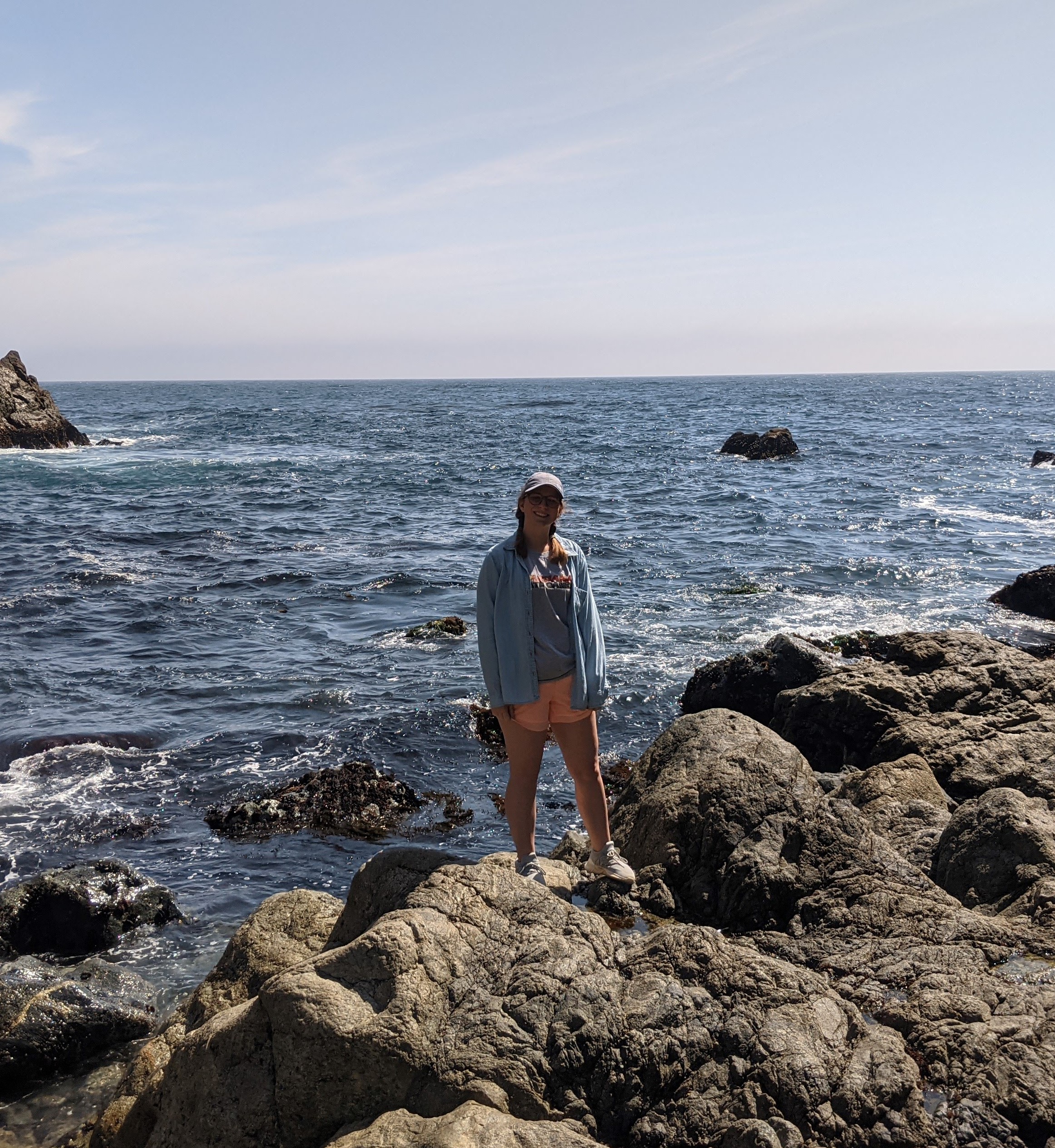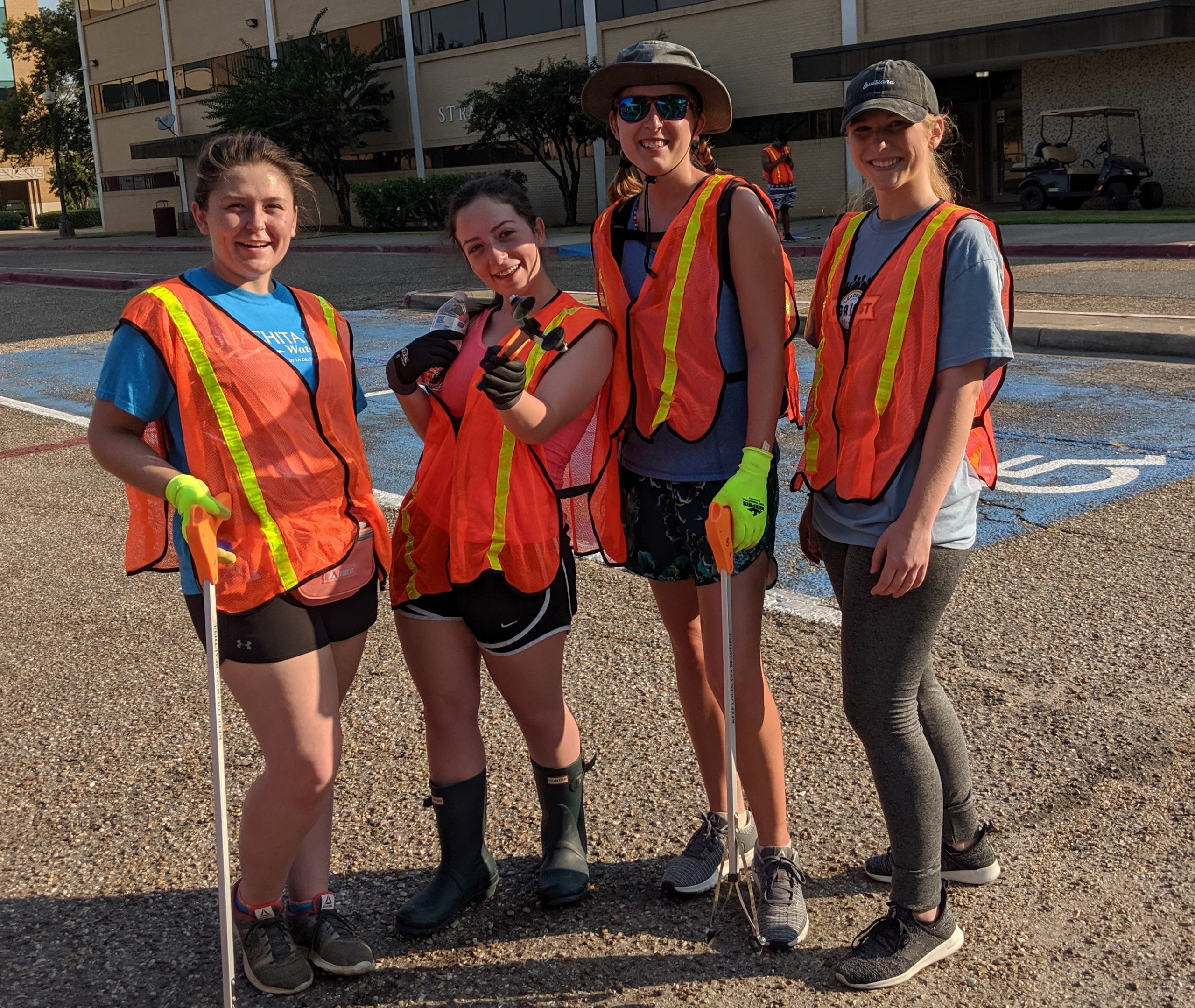What did you accomplish with your host organization? What was the impact of your work?
My work this summer with the Inland Ocean Coalition (IOC) focused on developing their Ocean-Friendly Farming (OFF) campaign. I was fortunate to have a lead role in designing the entire campaign, from its mission and priorities to its future impact goals. The initial piece of the campaign was creating a list of Ocean-Friendly Land Practices that highlight conservation and regenerative farming practices that have a positive benefit on watershed or ocean health. After developing the list, my team and I created the values and objectives platform to build the campaign’s future advocacy and educational projects. We then reached out to farmers from multiple states to give constructive criticism on the campaign. These farmers are the first members of our developing Ocean-Friendly Farming community, which endorses farmers across the nation who practice Ocean-Friendly Land Practices.
Continue reading




